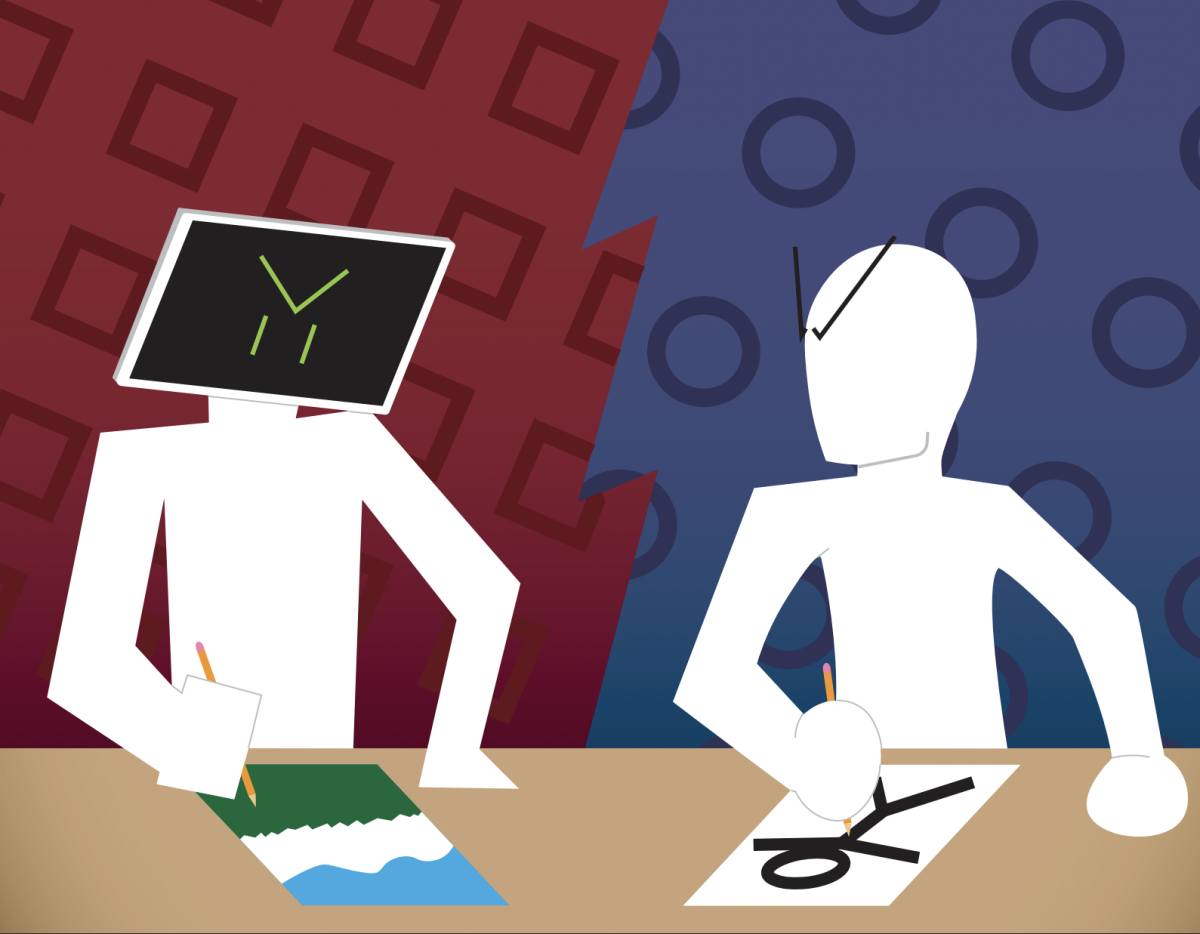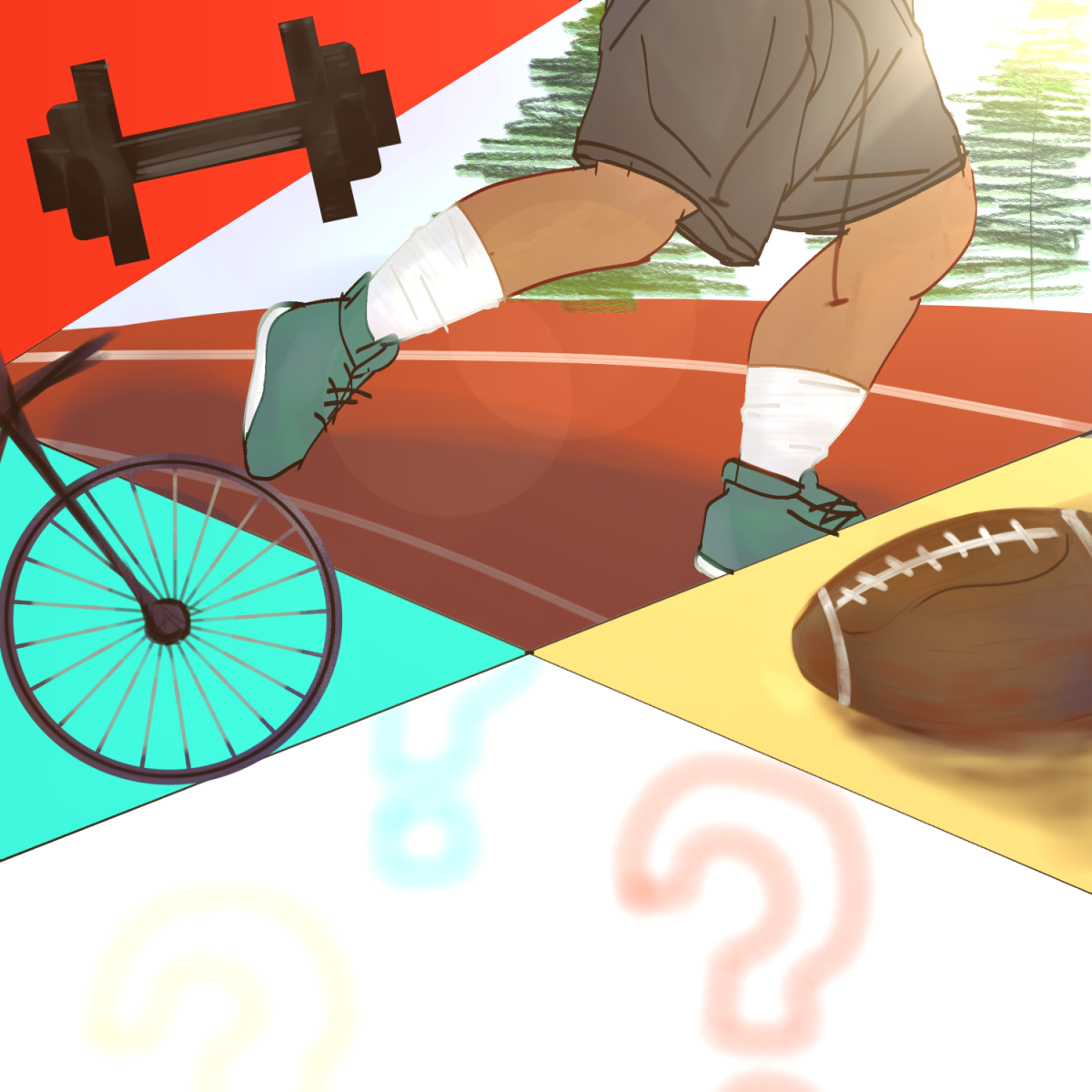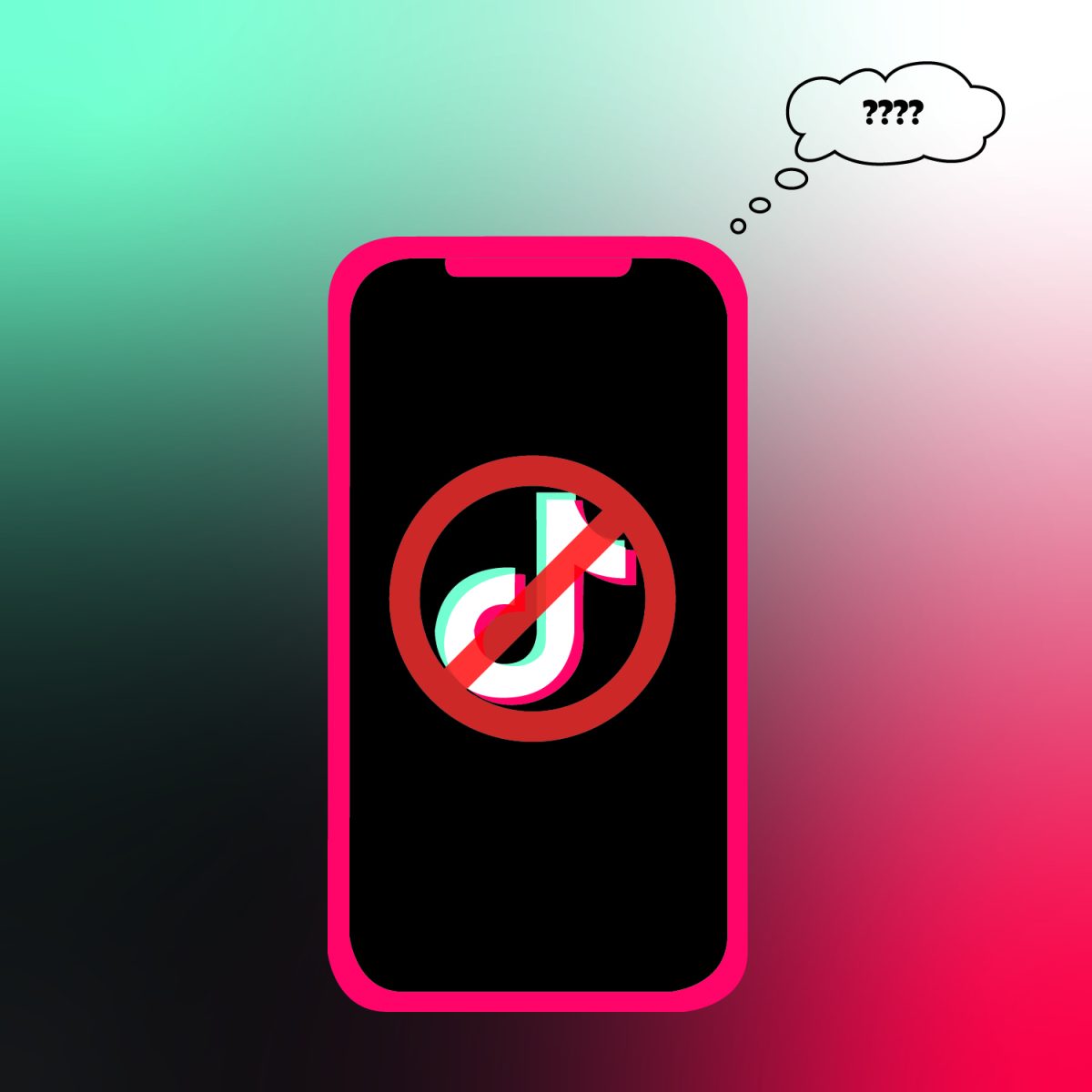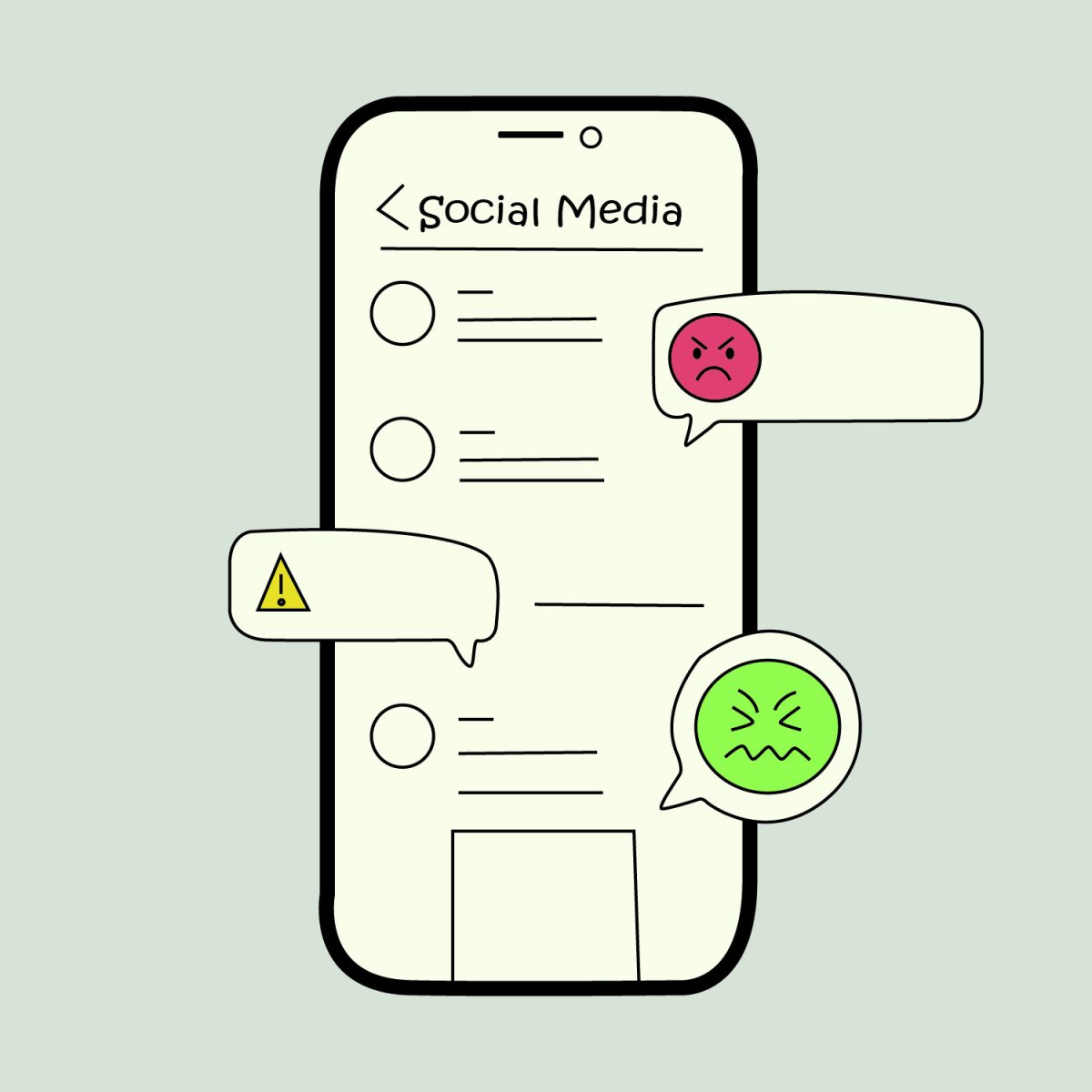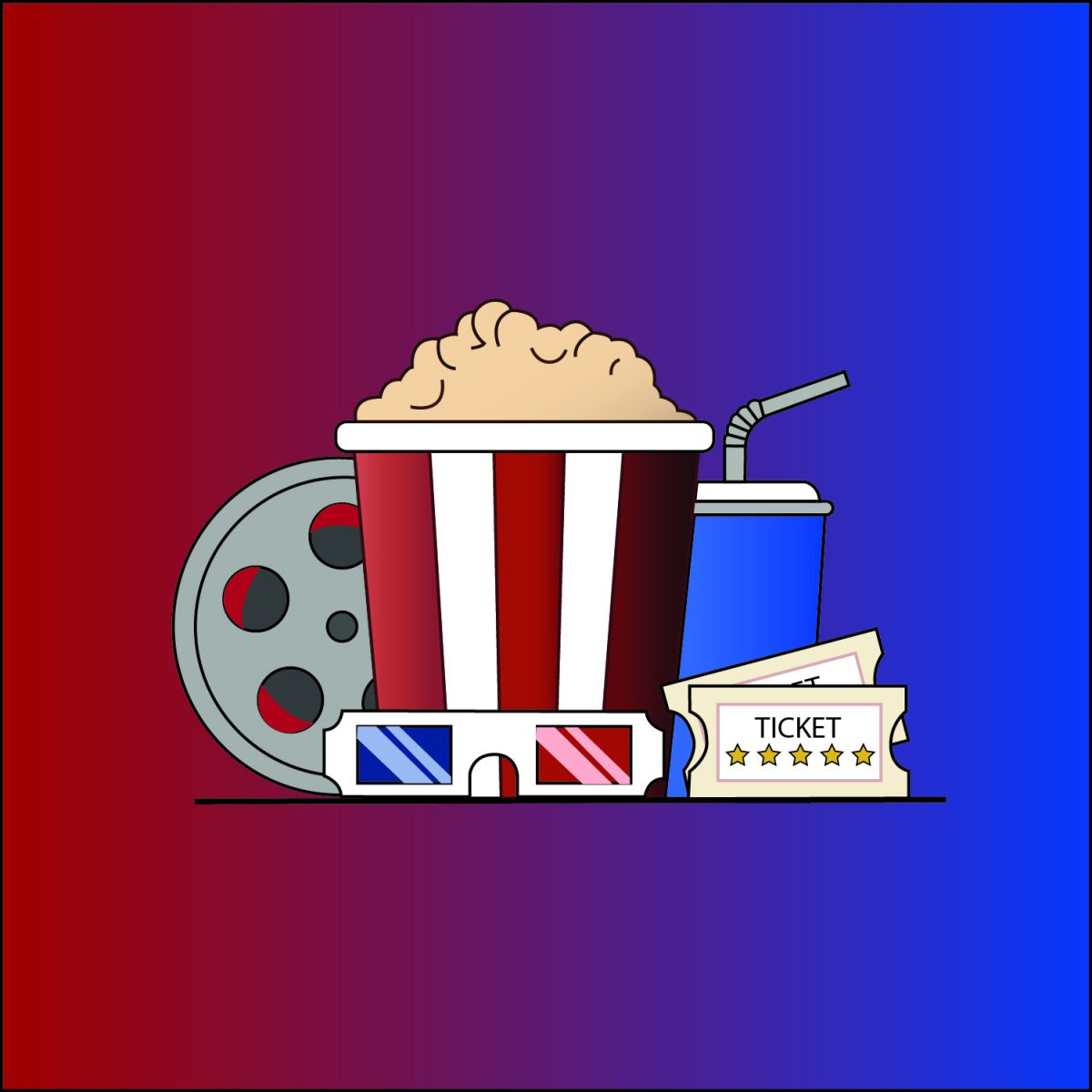In the spellbinding realm of literature, where imagination is entwined with reality, the proverbial discussion of whether the book was superior to its cinematic adaptation attracts bookworms and film buffs alike. As you venture into the whimsical lands that lie between words and watch the raw emotion of characters from a silver screen, you gain an appreciation for the art you consume, but which you prefer is a puzzling question. Unraveling the magic and subtle nuances between the two is unfailingly vital in deciding which is worthy of being crowned the superior storyteller.
The argument, however, has a simple answer: books are always better than their on-screen counterparts. Freshman Iteadeoluwa Adesanoye explains that “books possess more vivid details and give readers a look into a character’s thoughts and feelings. This is something that movies tend to lack.” As you curl up in your bed with a warm cup of tea and a compelling novel, a world that is yours to dictate unfolds at your fingertips; a place where creativity holds no boundaries. Books are portals to uncharted waters, to places unknown that challenge the constructs of morality, and ultimately inspire the lives of those who read them. As Rory Gilmore said in her touching graduation speech (one I could recite upon demand if asked), “I live in two worlds. One is a world of books. I’ve been a resident of Faulkner’s Yoknapatawpha County, hunted the white whale aboard the Pequod fought alongside Napoleon, sailed a raft with Huck and Jim, committed absurdities with Ignatius J. Reilly, rode a sad train with Anna Karenina and strolled down Swann’s Way. It’s a rewarding world, but my second one is far superior. My second one is full of characters slightly less eccentric, but supremely real, made of flesh and bone, full of love, and who are my ultimate inspiration for everything.”
In a world full of fleeting trends and ever-changing lifestyles, there exists a distinctive breed of enchanting girls, who, with a fire in their soul and a classic book in hand, swim in the beautiful prose of Jane Austen, Charlotte Brontë, and Mary Shelly. As they immerse themselves in the world of classic literature, they leave behind the echo of the new, and stroll past modern romances that hardly compare to the epic infatuation within Pride and Prejudice. Written by Jane Austen, this novel remains to be one of the most revolutionary pieces of literature, as it is a beacon for eternal romance and the original pillar of feminism. Senior Payoja Mabbu explains that “[I am] so tired of seeing modern takes of beautiful, historic books… You cannot transform such a masterpiece and turn it into a movie.” Similarly, junior Sam Stroh adds, “Classics should be kept as they are, unless the directors take a unique spin on the story.” Though I agree, I maintain that Joe Wright’s 2005 adaptation of the book is the premier classic film adaptation. The movie successfully captured the cleverness of the novel and emphasized the charm and simplicity of the book. Elizabeth Bennet’s quick wit and progressive views were magnificently portrayed through Keira Knightley’s performance; however, the film heavily focuses on her relationship with the enigmatic Mr. Darcy than that of her personal character development and self-actualization. Screen Rant explains that “though [the movie] contributed to sparking the prominence of feminist messages in modern movies at the turn of the century, the film also received criticism from Austen fans for cutting one of Elizabeth’s most famous lines, ‘Till this moment, I never knew myself,’ and taking away her moment of self-recognition.” Unlike the original text, the movie contrasts the characterization of Elizabeth and her family members. Austen’s description of Elizabeth is headstrong, and confident, but never outspoken like she occasionally appears in the film. Her parents, ever chaotic, are shown as loving individuals in the film, while the book describes them as the scorn heads of a dysfunctional family.
The true beauty of literature lies in its ability to immerse itself into our souls, and utterly shape who we become. It allows us to become empathetic individuals, as we gain insights into the characters’ feelings and thoughts—something that movies fail to communicate. Sophomore Charlie Crevin offers that “in any movie adaptation/book duo, the book is probably better because they contain details that the movie most likely left out.” Unlike films, where the setting and landscape is predetermined, books employ our minds, and force us to create a world inside the walls of our head, full of unparalleled details and descriptions. Books act not just as an escape from harsh realities, but also as support on your journey for self-discovery.




